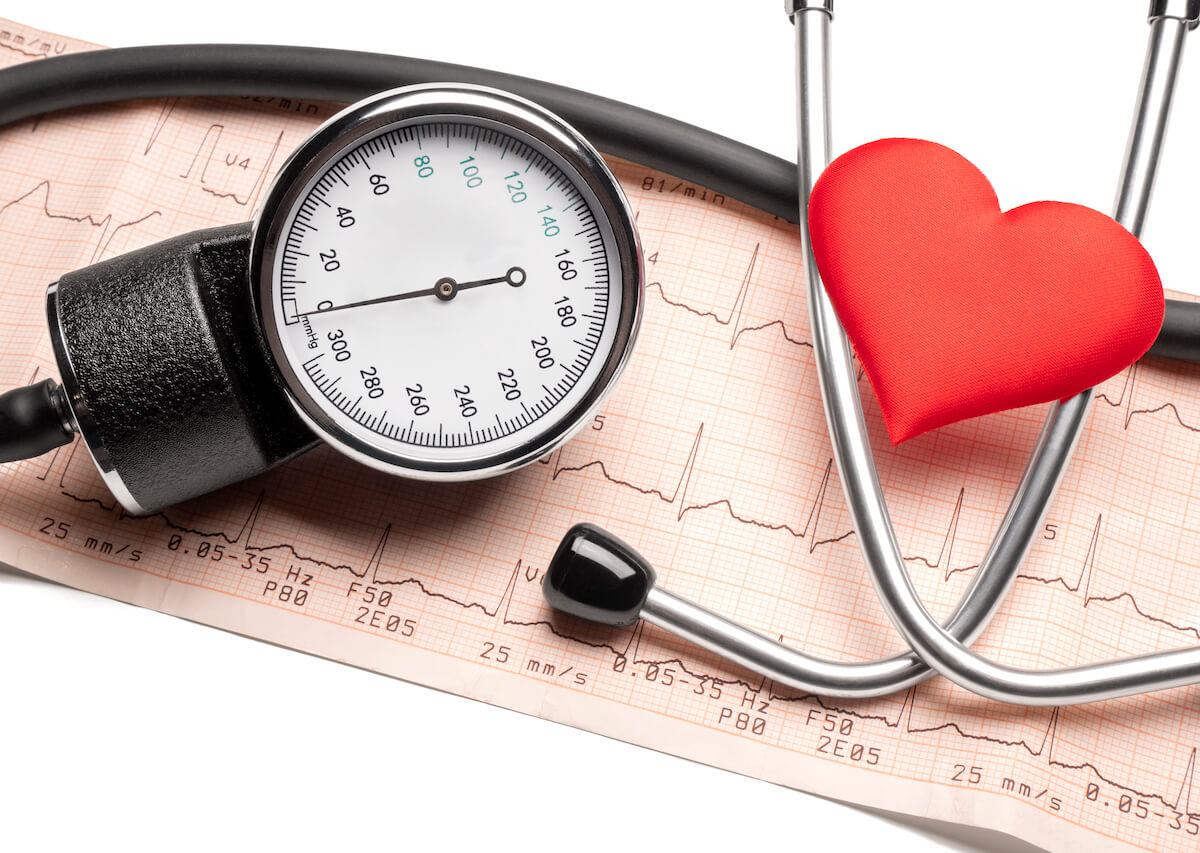
With 1 in 3 adults in the United States having high blood pressure, or hypertension, it’s a health topic on the minds of many. While hypertension is very common, it’s also very manageable and preventable.
May is High Blood Pressure Education Month, and if you are looking for ways to manage high blood pressure, Brickmont Assisted Living, with senior care communities throughout Georgia, is offering some assistance.
Managing high blood pressure can be achieved through a variety of proactive lifestyle habits. These habits can help manage blood pressure while also improving an individual’s overall health. If you or a loved one have been diagnosed with hypertension, speak to a healthcare provider before making any changes to diet or exercise.
Managing Blood Pressure through Exercise
Exercise is one of the most natural ways to keep the body active and healthy. Regular cardiovascular, or aerobic, exercise can lower blood pressure and improve the strength of the heart. These types of exercises can include:
- Walking
- Running or jogging
- Swimming
- Biking
“Go for moderate activity, like brisk walking, at least 30 minutes a day, at least 5 days a week. If you’re short on time, vigorous activity, like jogging, gives you the same benefit in 20 minutes, 3 to 4 days a week (WedMD).” If a person is not normally active and has high blood pressure, it is important to ease into a routine.
The key to building and sticking to a routine is finding something you enjoy. To pick an activity, WebMD recommends asking two questions:
- What sounds like a fun activity?
- Would you rather exercise alone or in a group environment?
Before starting any workout regimen, be sure to speak with a doctor and develop a plan that works for you or your loved one.
Cut Down on Salt
The American Heart Association recommends no more than 2,300 milligrams of salt per day with an ideal limit of 1,500 milligrams per day for the average adult, especially those with high blood pressure. Even cutting back by 1,000 milligrams a day could improve one’s heart health and reduce their overall blood pressure.
Cutting back on salt means checking labels and adjusting recipes. Foods and products to be mindful of that can be high sources of sodium include:
- Processed foods
- Some natural foods, including seafood, olives, and cheese
- Some prescription or over-the-counter medications

Managing Blood Pressure through Diet
Cutting down your salt intake is beneficial, but so is incorporating certain foods into your diet. Diets rich in fruit, vegetables, low-fat dairy, and whole grains can significantly help with managing high blood pressure.
DASH Diet
There is a diet specifically crafted for those who are managing high blood pressure called the Dietary Approaches to Stop Hypertension (DASH) diet. According to U.S. News, the DASH diet is ranked:
- #1 as the Best Diet for Healthy Eating
- #2 as one of the Best Diets Overall
Why? “The expert panel of physicians assembled by U.S. News & World Reports chose DASH because it is proven to improve health, has a balance of healthy food groups, and it actually works (dashdiet.org).”
Click here to learn more about the DASH diet, and it’s many health benefits!
SLeep and High Blood Pressure
Sleep is a crucial health habit to maintain that many take for granted. While sleep may affect your energy and mood, it can also affect your blood pressure.
For adults and seniors, seven to eight hours of sleep every night is recommended to remain rested and alert throughout the day. One study found that those who slept less than six hours a night were 20% more likely to have hypertension.
Stress Management
While the link between stress and high blood pressure is still being studied, it can be a contributing risk factor. According to the American Heart Association, “In addition to the emotional discomfort we feel when faced with a stressful situation, our bodies react by releasing stress hormones (adrenaline and cortisol) into the blood. These hormones prepare the body for the “fight or flight” response by making the heart beat faster and constricting blood vessels to get more blood to the core of the body instead of the extremities.” Which, in turn, raises our blood pressure. While only temporary, chronic, or constant stress can keep blood pressure elevated, increasing the risk of developing hypertension.
Managing high blood pressure can be achieved through some simple lifestyle changes and practicing healthy habits. Once again, if you or a loved one have been diagnosed with hypertension, we encourage you to speak with a healthcare provider before making any changes to diet or exercise.
You can find more articles regarding senior health and safety by visiting our Brickmont Assisted Living blog!




.png)